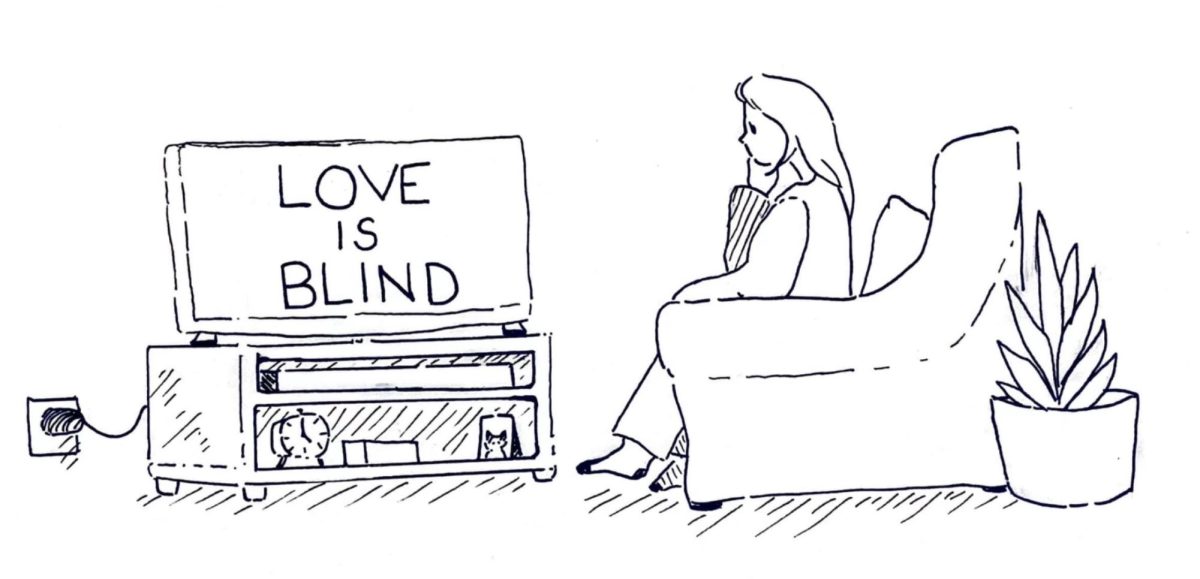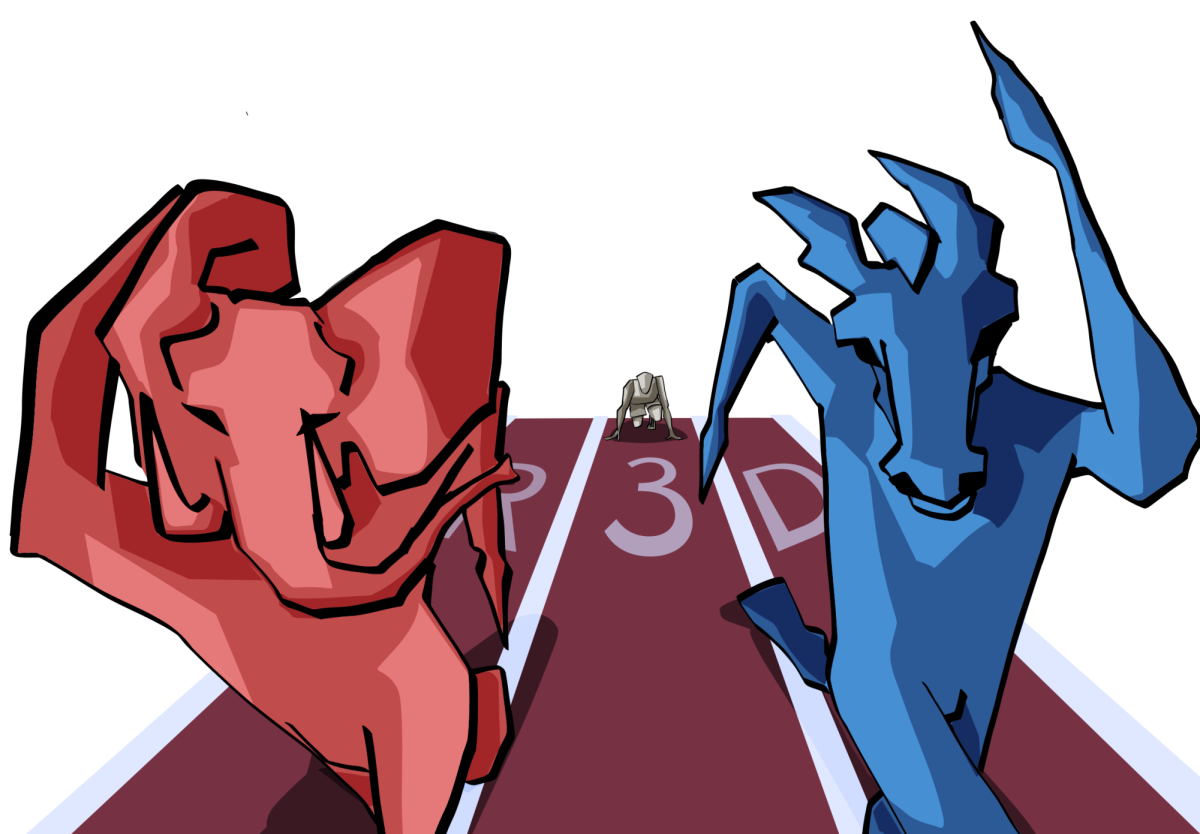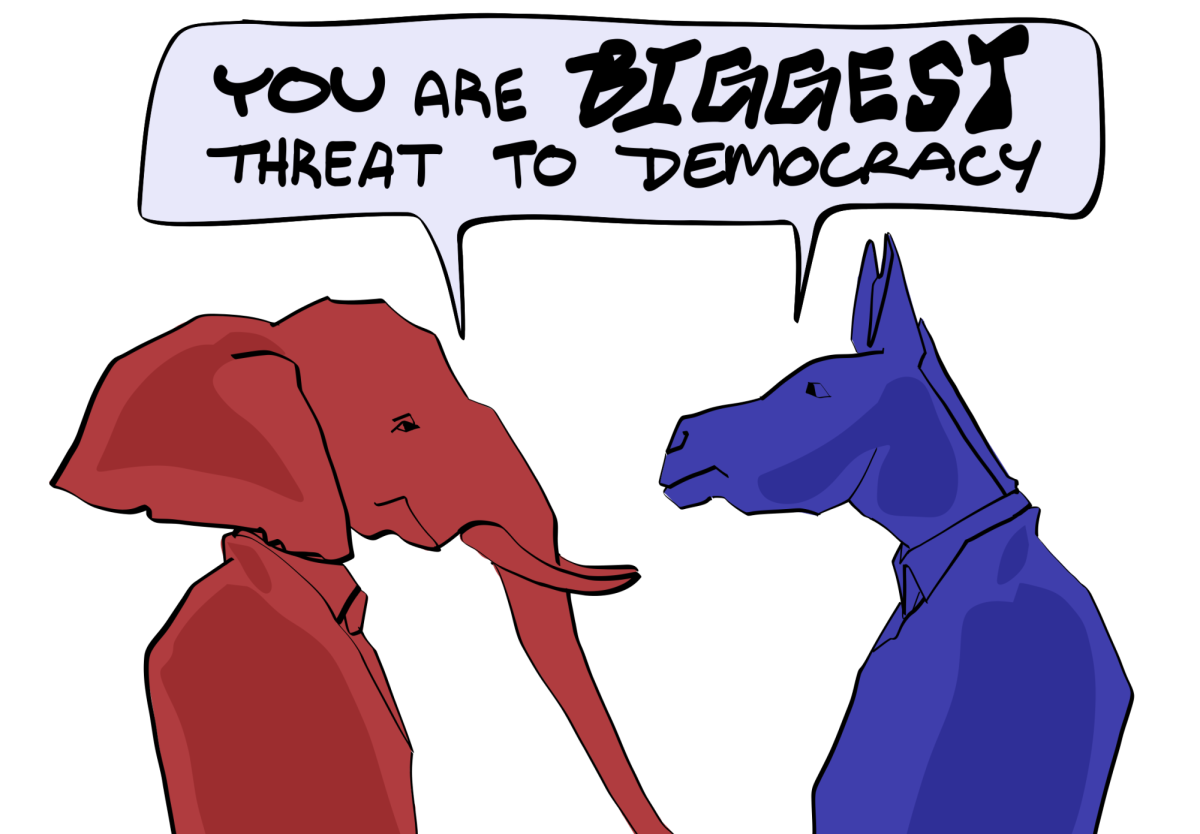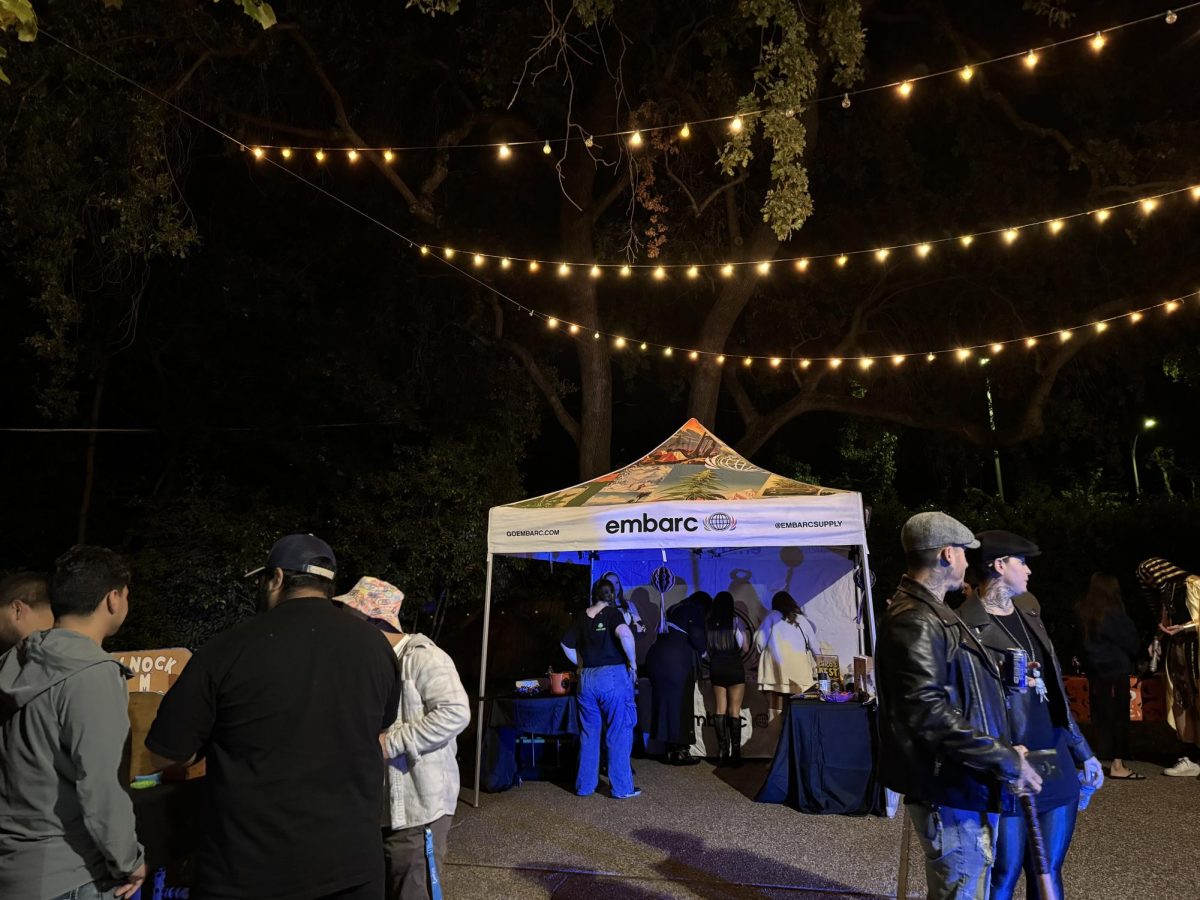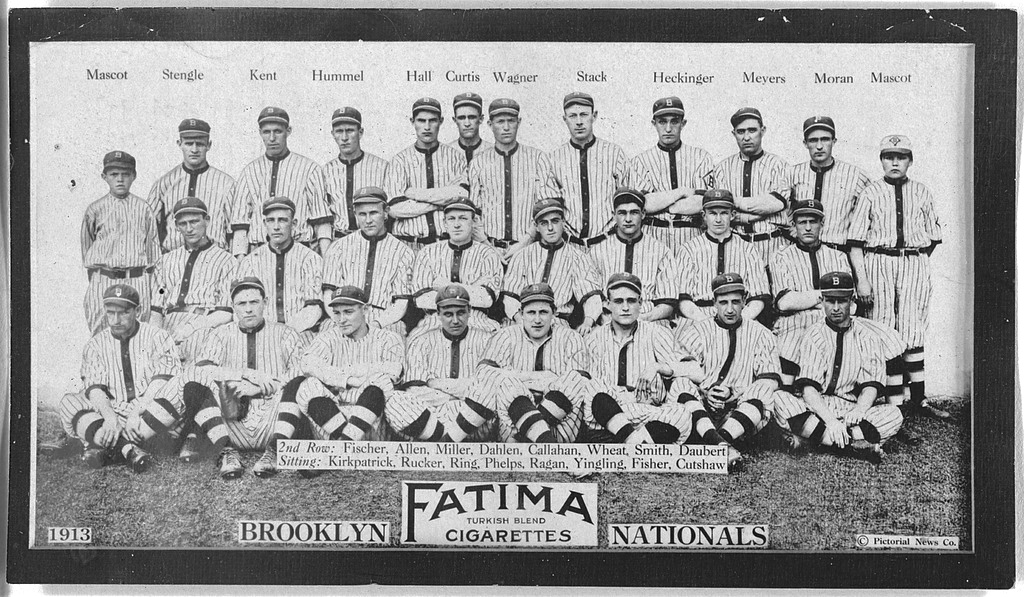
Unless you’ve taken the concept of dead week quite literally, than you’ve probably noticed your Twitter stream clogging up with pleas to #BringBackOurGirls.
Despite the good intentions of this campaign, Twitter hashtags won’t bring back the 230 Nigerian girls who were abducted.
What hashtags can do, however, is blanket social media under a thick layer of awareness— and that, my friends, is what leads to real activist efforts taking effect offline.
According to the Pew Research Internet Project, experts concluded that social networking sites like Twitter make it easier for internet users to identify and respond to issues in society.
I, for one, couldn’t agree more.
It’s these social media sites that foster and facilitate active user engagement. They’re paving the road for real-time collaboration and mass distribution of information to a global audience.
A prime example is what happened in the Middle East after a video clip from a cellphone went viral, leading to an explosion of uprisings that have come to be known as the Arab Spring.
The internet undoubtedly presents problems that have yet to, and realistically may never be, fully resolved. But as both individuals and a larger global society, people are failing to fully utilize the revolutionary power of online connectivity.
By further developing social media as an essential tool for communication and by contributing to the popularity of social networking sites as an informed individual, perhaps then social media can serve up some true social change.
Valerie Teegardin can be reached at [email protected] or @vteegardin on Twitter.




